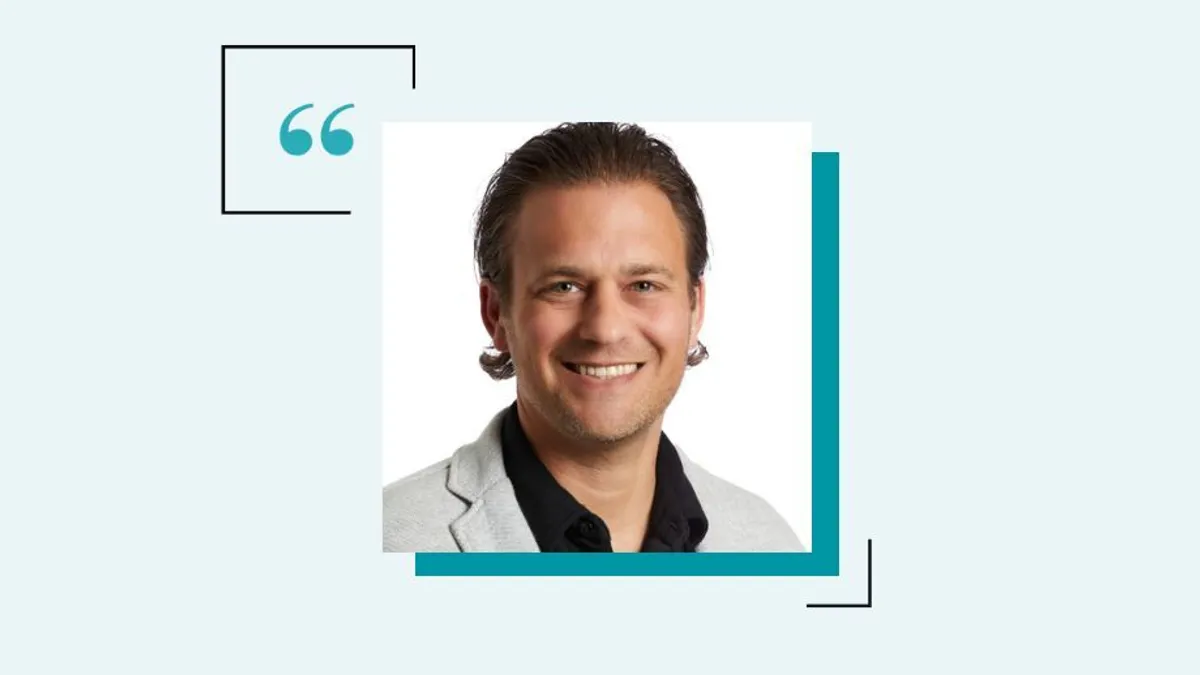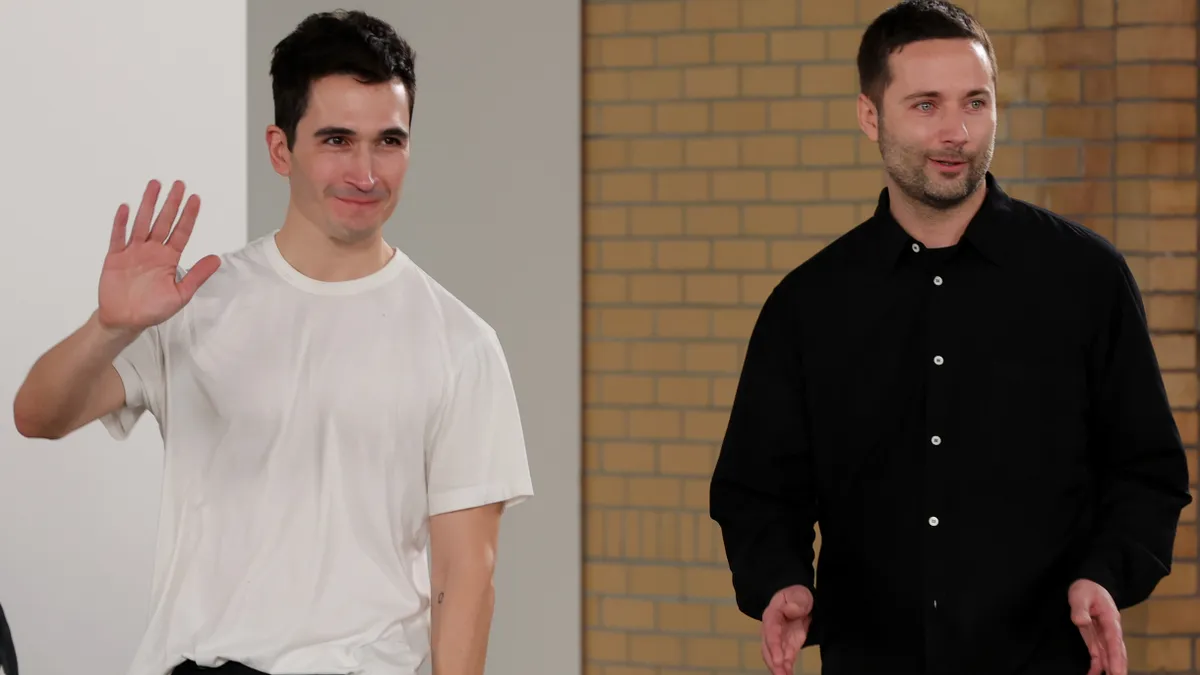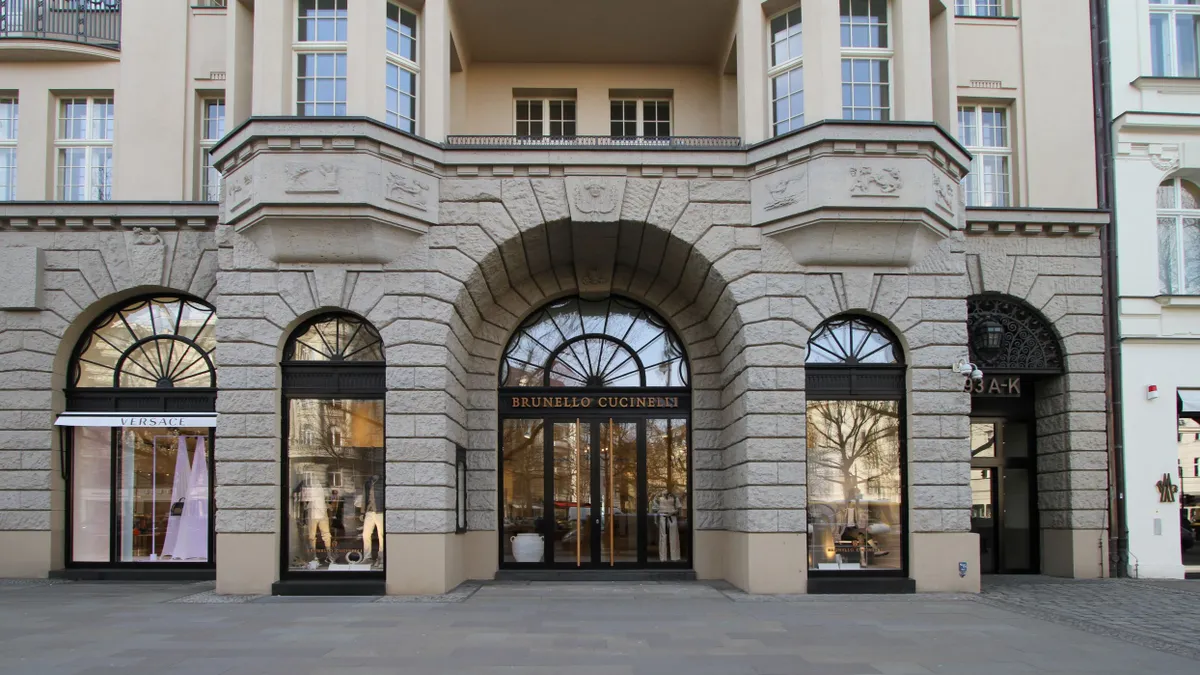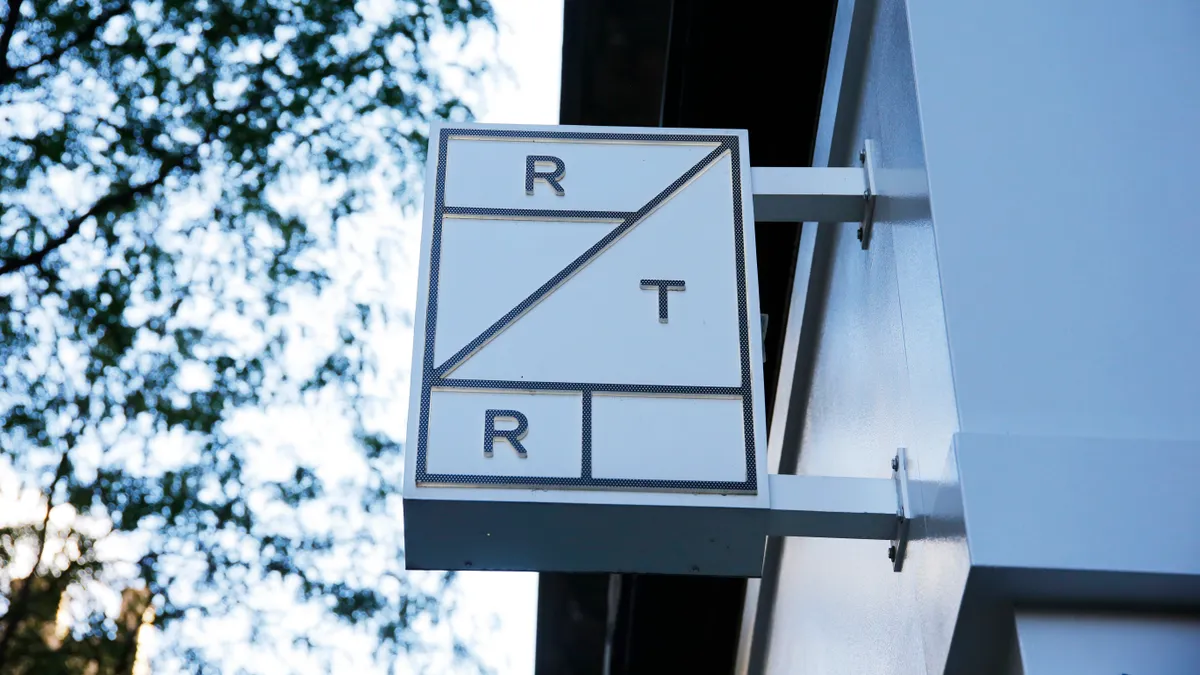Aaron Peterson, finance chief of the luxury retailer Bergdorf Goodman, rose to the CFO position by learning the value of culture and seizing opportunities to demonstrate his capabilities when they were presented. Through this, and an intricate approach to time management, Peterson has not only crossed the two-year mark in his inaugural CFO role but has also served as head of FP&A for the company’s parent company Neiman Marcus Group for nearly as long.
As the company rebuilds after its pandemic bankruptcy and subsequent acquisition, Peterson is working to foster relationships across the business while using available tools to create actionable data to help advance Bergdorf Goodman and Neiman Marcus Group’s successful reemergence into the global retail market.
Aaron Peterson
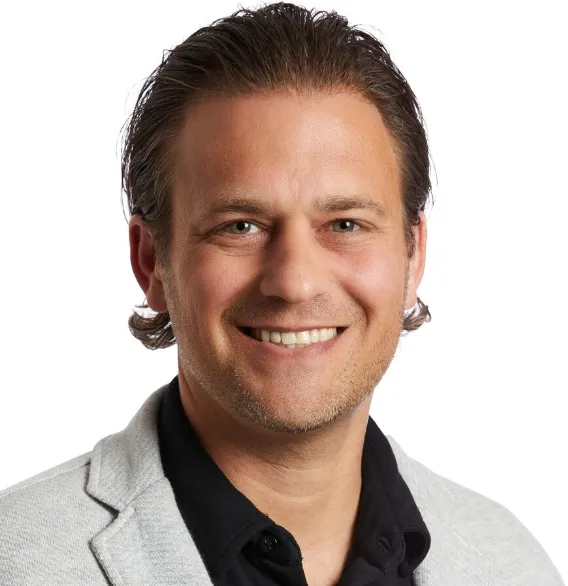
CFO, Bergdorf Goodman and head of FP&A, Neiman Marcus Group
First CFO Position: 2022
Notable previous employers:
- At Home Group
- DaVita
- Walgreens
- Target
This interview has been edited for brevity and clarity.
ADAM ZAKI: You’ve worked in subset leadership positions at multiple legacy companies. What leadership nuggets did you pick up along the way, and how have you used those in your inaugural CFO position?
AARON PETERSON: There were highlights in my work experience up until now that made a difference for me. Coming out of college I studied sports management, and I was interested in working in that industry. But towards the end of college, I realized business was as much a passion for me as sports. So I got an opportunity to work for Target as an analyst and worked my way up.
Target taught me a lot of the fundamentals of how a large business operates, especially from a finance perspective. Even then, it was all about collaboration and cross-functionality — there was an emphasis on really building business departments across the organization. They were also really big on feedback and I always say I learned there that feedback is a gift. I still believe that to this day.
I then took a role at Sports Authority as a merchandise planner, which culturally, was the opposite of Target. I didn’t thrive there, but my time with them allowed me to learn culture is important to me. I wanted to surround myself with good leaders who I could grow from and who would put me in positions to be eligible for opportunities.
“This is what I’ve tried to bring to my current role — a mindset that focuses on opportunity, collaboration, feedback and growth.”

Aaron Peterson
CFO of Bergdorf Goodman
I found that working at Walgreens and DeVito as well. Both companies were great businesses with great cultures and helped continue building that foundation. Walgreens gave me an amazing opportunity — they had a culture that allowed me to step in and provide value by developing a financial acumen that brought the finance operations there to a new level.
My role with At Home Group was the same thing. I was their CFO’s number two guy. There, it was a culture built upon collaboration and opportunity. This is what I’ve tried to bring to my current role — a mindset that focuses on opportunity, collaboration, feedback and growth.
You have two different titles within your company: CFO of Bergdorf Goodman and head of FP&A at Neiman Marcus Group. Between both roles, where are your collaboration efforts most focused right now?
PETERSON: I joined the company as CFO of Bergdorf Goodman and then a few months later took on the bigger role as head of FP&A for Neiman Marcus Group. For both roles, I spend the majority of my time with the key decision-makers within the company. I’ve made a strong effort to understand and learn the ins and outs of all parts of our business through these types of internal relationships.
Right now, I want to make sure the finance team has a strong relationship with the partners running our stores, our online business, inventory management and supply chain. I also communicate with both brand presidents on this, so it allows us to develop insight and forecasts from multiple areas and perspectives.
I think what makes me a bit different as CFO is that I am willing to work a couple of levels down and side to side in the business. I want to holistically understand our operations and challenges from the bottom up. To me, that’s really about building authentic relationships with our leaders in operations, merchandising and supply chain.
“I think what makes me a bit different as CFO is that I am willing to work a couple of levels down and side to side in the business. I want to holistically understand our operations and challenges from the bottom up.”

Aaron Peterson
CFO of Bergdorf Goodman
I think it’s important to build those relationships proactively and build that level of trust on the front end so when there is a concern, they are willing to pick up the phone and have a genuine conversation. I think that encompasses the meaning of a strategic partnership within the business.
How do you manage your time to meet the demands of both roles?
PETERSON: Fortunately for me, I’ve always been good at managing my time. I think having the skill of organizing my calendar, managing it and highlighting what needs to be done to execute deliverables has paid off for me in my career.
Three things encompass my time management approach. Organization is one of them, but the second piece is preparation. I end my work days by preparing for the next day, taking note of the most critical things I need to do to start the next day strong.
Then there’s the ability to be flexible and agile in scheduling and organizing my time so that I can be available if I’m pulled into an unexpected meeting or call from some part of the business. If I have control of my schedule, and I’m prepared for what I expect to come, I find that time management is a seamless process for me.
What’s your approach to data-based decision-making, and are there any types of technology that help in this regard that your finance team has had ROI with or that you feel you can’t function without?
PETERSON: On the finance technology side of things, we are a bit light on systems. We run a lot of things out of Excel. But I will say our ability to capture and leverage data in the decision-making process has greatly improved over the last two years.
When I got here, there was a narrative around data that certain parts weren’t accessible. I heard, “We don’t have that information” or “We don’t have that data.” But the reality was and still is that if you push back on that and challenge the thinking while encouraging new approaches, it can make your teams and data sets really actionable.
We’ve gotten good at leveraging the systems we have in place and making the best of what we have. Our team has come a long way in this regard. We’ve gotten creative with how we leverage data, tell a story and develop a roadmap based on the information we have.
Have you played around with ChatGPT either personally or professionally, and are conversations around ethics or guidelines around internal AI use being had among leadership?
PETERSON: Personally, I’m interested in using it as a tool to get information very quickly. I think there’s potential for finance leaders to use it to prepare for things like board decks and other information that can be quickly disseminated, but neither I nor the leadership team has spent much time talking about guidelines or things like that.
“We’ve gotten creative with how we leverage data, tell a story and develop a roadmap based on the information we have.”

Aaron Peterson
CFO of Bergdorf Goodman
With any new technology, I think there’s an opportunity if you’re aware of the risks associated with it. There’s a lot of automation coming, and many people still do manual work within finance. What worries me is when people rely too much on technology, it makes me wonder if they understand how these things work.
In a sports analogy, there are great system quarterbacks, but then there are the ones who are great game managers, the ones you can turn to in times of crisis and be sure that they understand how everything works together. I think technology like AI can supplement work, but it’s important to leverage it as an efficiency tool, not a replacement.



